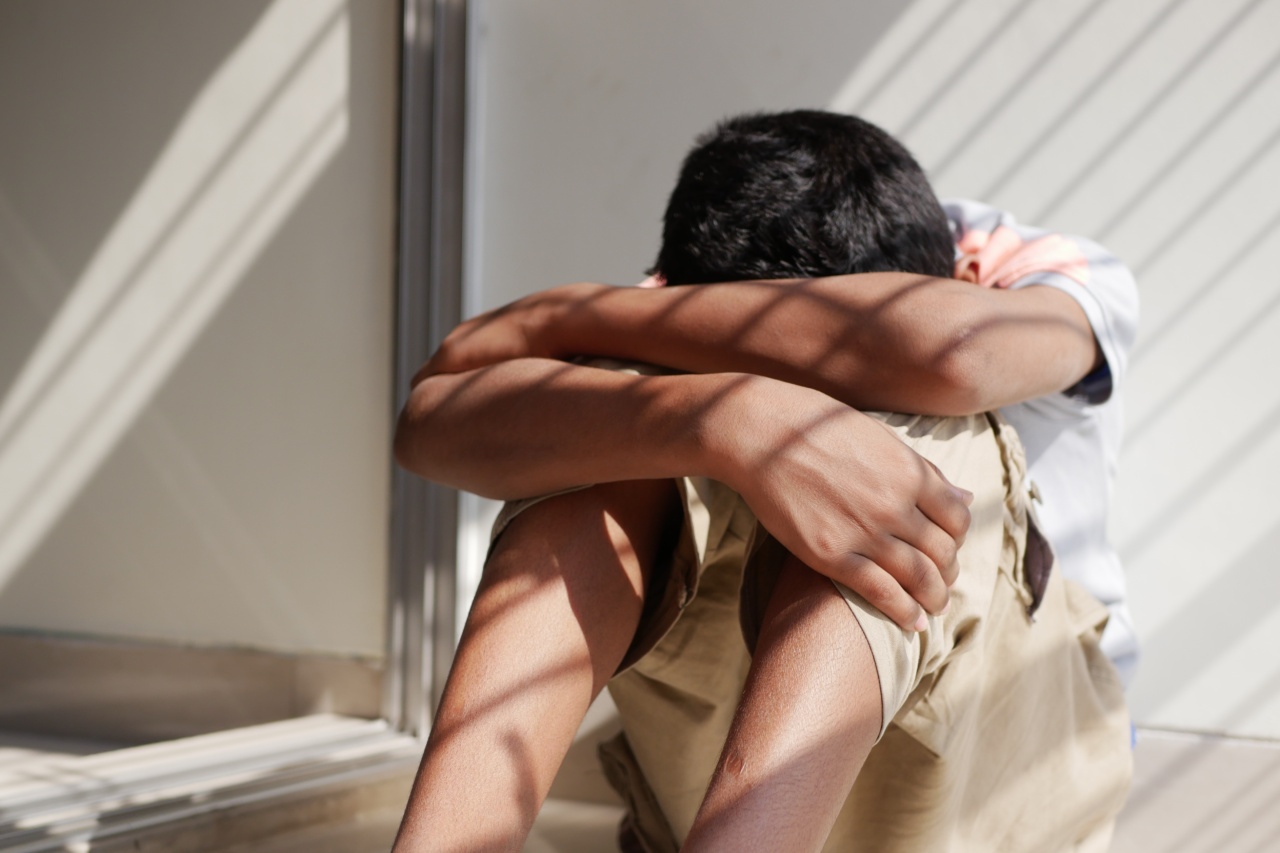Laryngitis is a common condition that causes inflammation of the voice box or larynx. It can occur suddenly or last for a long time, depending on the cause.
In some cases, laryngitis can become chronic, which means it lasts for more than three weeks or keeps coming back. When laryngitis affects a child for a prolonged period, it can have a significant impact on their quality of life and overall well-being.
In this article, we will discuss the causes, symptoms, and treatment options for a child who is suffering from constant laryngitis.
Causes of Constant Laryngitis in Children
The most common cause of laryngitis in children is a viral infection, such as the common cold or flu. When a child has a viral infection, the larynx can become inflamed and swollen, making it difficult to speak or breathe.
Other common causes of laryngitis in children include:.
- Bacterial infections, such as strep throat, sinusitis, or tonsillitis
- Fungal infections, such as thrush or yeast infections
- Allergies to pollen, dust, or pet dander
- Exposure to irritants, such as cigarette smoke or air pollution
- Overuse or abuse of the voice, such as yelling or speaking loudly for long periods
- Reflux, which is when stomach acid backs up into the throat
Symptoms of Constant Laryngitis in Children
The symptoms of laryngitis can vary depending on the cause, but the most common symptoms in children include:.
- Hoarseness or raspiness of the voice
- Pain or discomfort when speaking, coughing, or swallowing
- Difficulty breathing or wheezing
- Fever or chills
- Sore throat or swollen glands
- Fatigue or weakness
- Loss of appetite or weight loss
Treatment Options for Constant Laryngitis in Children
If your child is suffering from constant laryngitis, it is essential to seek medical attention. The treatment options may vary depending on the cause and severity of the condition.
Home remedies such as rest, hydration, and throat lozenges may be helpful in relieving the symptoms of laryngitis.
However, if your child is experiencing severe symptoms or the laryngitis is caused by a bacterial infection, your doctor may prescribe antibiotics. In cases where laryngitis is caused by allergies, avoiding the allergen or taking antihistamine medication may be recommended.
If the laryngitis is caused by reflux, your child may benefit from medication that reduces the production of stomach acid or makes the stomach empty more quickly.
In some cases, surgery may be required to correct a structural problem, such as a cyst or tumor, that is causing the laryngitis.
For children who rely on their voice for professional or academic pursuits, a speech therapist may be recommended to teach voice conservation techniques and help them develop healthy habits for using their voice.
Preventing Constant Laryngitis in Children
While it may not always be possible to prevent laryngitis, there are several things that parents can do to reduce their child’s risk of developing the condition:.
- Encourage proper hygiene, such as frequent hand washing and covering their mouth when coughing or sneezing.
- Avoid exposing children to smoke or other irritants.
- Encourage your child to drink plenty of fluids and get enough rest.
- Teach your child healthy habits for using their voice, such as speaking at a moderate volume and avoiding yelling or whispering.
Conclusion
Constant laryngitis can be a significant burden for children, affecting their ability to communicate and engage in normal activities.
If your child is experiencing symptoms of laryngitis for more than a few days, it is essential to seek medical attention to identify the cause and develop an appropriate treatment plan. With proper care, most cases of laryngitis in children can be resolved, and their voice and overall health can be restored.































